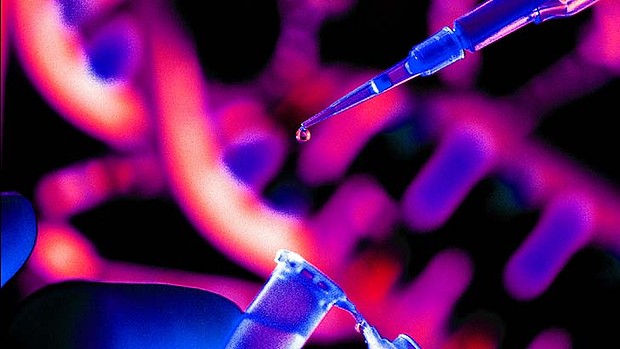Sunday Morning Herald
November 26, 2013
 Health officials have ordered a start-up headed by the ex-wife of a Google co-founder to halt a service of DNA testing to determine health risks.
Health officials have ordered a start-up headed by the ex-wife of a Google co-founder to halt a service of DNA testing to determine health risks.
The US Food and Drug Administration said in a warning letter to the company, 23andMe, and made public on Monday in the US that its “saliva collection kit and personal genome service” needs to get regulatory approval.
The company was co-founded by Anne Wojcicki, who recently split with Sergey Brin, one of the co-founders of Google. The internet giant had been an investor in the firm.
The company provides a saliva analysis kit aimed at helping customers determine their genetic risks for diseases such as diabetes, coronary heart disease, and breast cancer.
Kits similar to 23andMe are available in Australia online, through several companies, starting at about $300. The boom in business and interest in genomes and genetics has led to controversy about the commercial use of one of the most crucial medical breakthroughs of recent years.
The FDA letter said that most of the uses for the kit make it a “medical device” which requires regulatory approval.
The letter said some uses of the kit “are particularly concerning”, because of “potential health consequences” of false positive or false negative results for some conditions such as genetic predisposition for breast cancer.
“For instance, if the [genetic] risk assessment for breast or ovarian cancer reports a false positive, it could lead a patient to undergo prophylactic surgery, chemoprevention, intensive screening, or other morbidity-inducing actions, while a false negative could result in a failure to recognize an actual risk that may exist,” the letter said.
The letter noted that “even after these many interactions with 23andMe, we still do not have any assurance that the firm has analytically or clinically validated the [kit] for its intended uses”.
As a result, “23andMe must immediately discontinue marketing the [kit] until such time as it receives FDA marketing authorisation for the device”.
Fairfax Media has previously reported that the growth in online DNA testing raised a host of serious legal, ethical and medical concerns.
